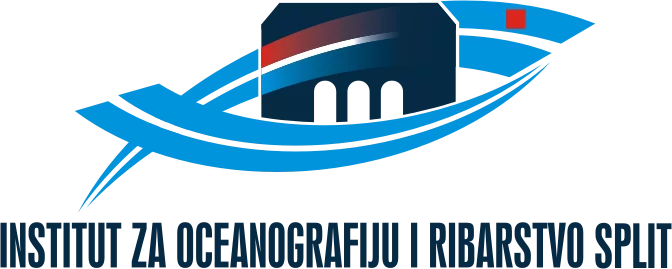Partners
Christian-Albrechts-Universität zu Kiel (CAU)
Kiel University was founded in 1665 and is the largest university in Schleswig-Holstein, with around 27,500 students. It combines excellent interdisciplinary research with strong regional connections and an international perspective.
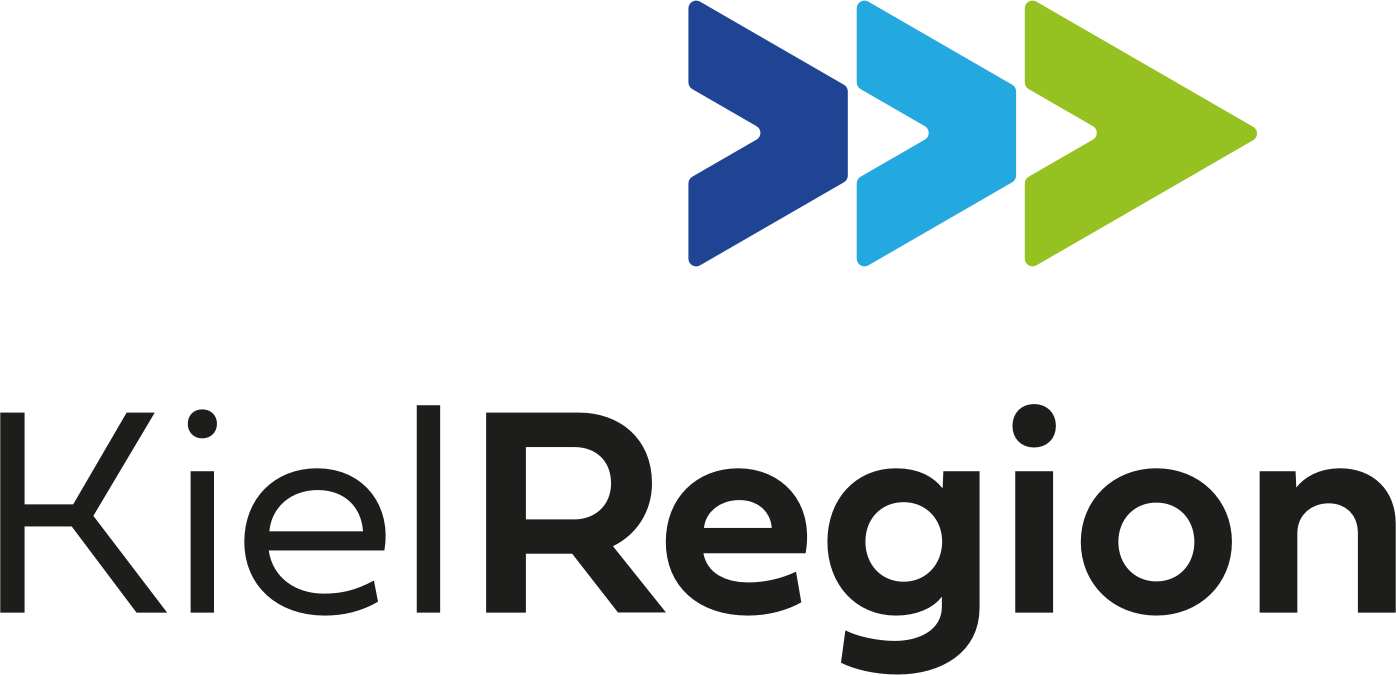
KielRegion GmbH (KR)
A regional development agency coordinating economic promotion, innovation, and mobility across the greater Kiel area. It works to attract investment, support regional SMEs, and facilitate collaboration among municipalities, academia, and business in Schleswig-Holstein.
Landeshauptstadt Kiel (LHK)
The maritime city on the Baltic Sea (~250,000 inhabitants) is the capital of Schleswig-Holstein in northern Germany and hosts the world's busiest artificial waterway (Kiel Canal). It is renowned for Kiel Week sailing events, and its City Hall is a historic landmark.
Centar izvrsnosti Splitsko-dalmatinske županije (CISDZ)
Centre of Excellence of Split-Dalmatia County is a regional institution dedicated to supporting gifted and motivated students, while fostering innovation, research, excellence, and international knowledge exchange.
Grad Split (SPLIT)
Croatia’s second-largest city on the Adriatic coast, famous for Diocletian’s Palace (UNESCO), a major cultural, university, and tourism hub.

Sveučilište u Splitu (UNIST)
The University of Split is Croatia’s second-largest public university, with over 20,000 students. Known for its strong engineering, natural sciences, medicine, and arts faculties, it plays a central role in regional research and innovation, especially in marine and coastal topics.
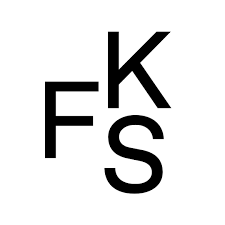
Fotoklub Split
A long-established photography club in Split dedicated to promoting visual arts through exhibitions, workshops, and photography education. It supports professional and amateur photographers and fosters community engagement through the arts.

Gradska knjiznica Marka Marulica Split (GKMM)
The City Library Marko Marulić in Split is the central public library for the city, offering access to literature, cultural events, digital literacy programs, and community learning. It plays a key role in lifelong education and public engagement.

Institut za jadranske kulture i melioraciju krsa (KRS)
A public research institute focusing on Adriatic agriculture, forestry, and karst landscape management. Conducts applied biotechnical research, provides farmer education, and supports ecological and economic development in Croatian coastal regions.
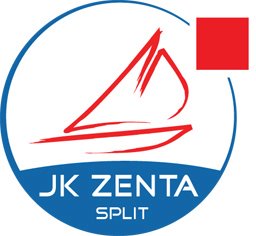
Jedriličarski klub Zenta (ZENTA)
A historic sailing club based in Split, Croatia, focused on promoting sailing sports and maritime culture. It organizes regattas, youth sailing education, and community events along the Adriatic coast.
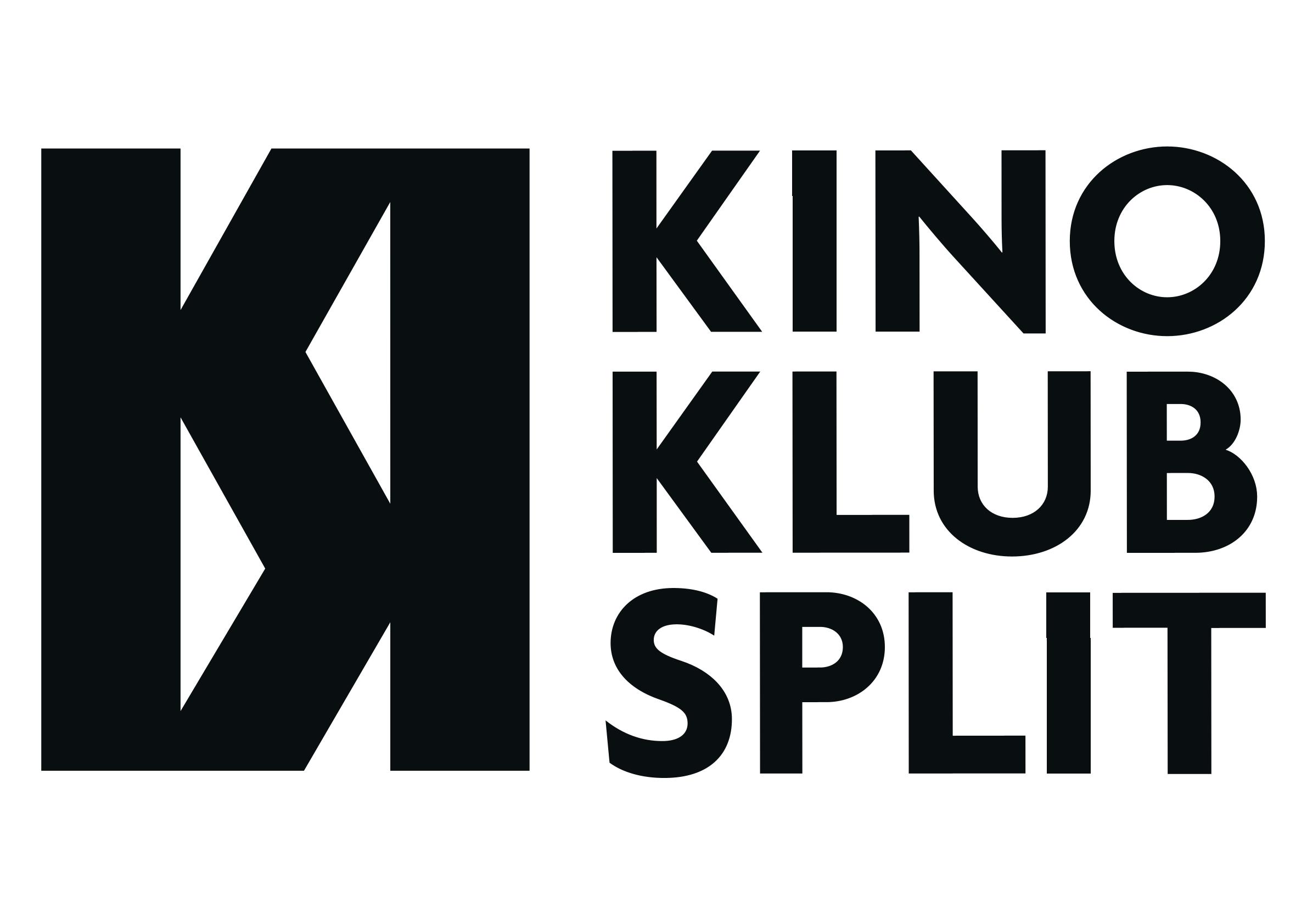
Kino klub Split
A non-profit film association that supports independent film production, education, and screening activities. It promotes youth and amateur filmmaking and contributes to the cultural life of Split through workshops and film festivals.

Udruga za robotiku "Inovatic"
A robotics association based in Split promoting STEM education, robotics competitions, and hands-on learning among children and youth. It collaborates with schools and public institutions to foster innovation and technical skills.

Zajednice tehničke kulture grada Splita (ZTK)
The Community of Technical Culture of the City of Split supports technical education, innovation, and lifelong learning through clubs and workshops in robotics, engineering, photography, and science for youth and the public.
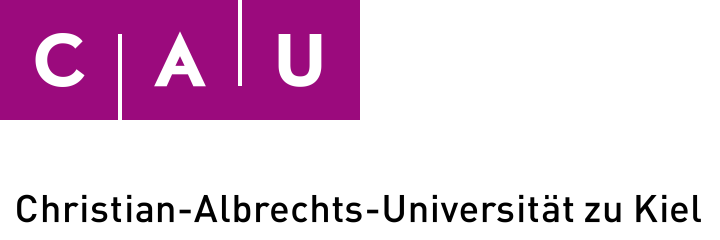
Christian-Albrechts-Universität zu Kiel (CAU)
Kiel University was founded in 1665 and is the largest university in Schleswig-Holstein, with around 27,500 students. It combines excellent interdisciplinary research with strong regional connections and an international perspective.
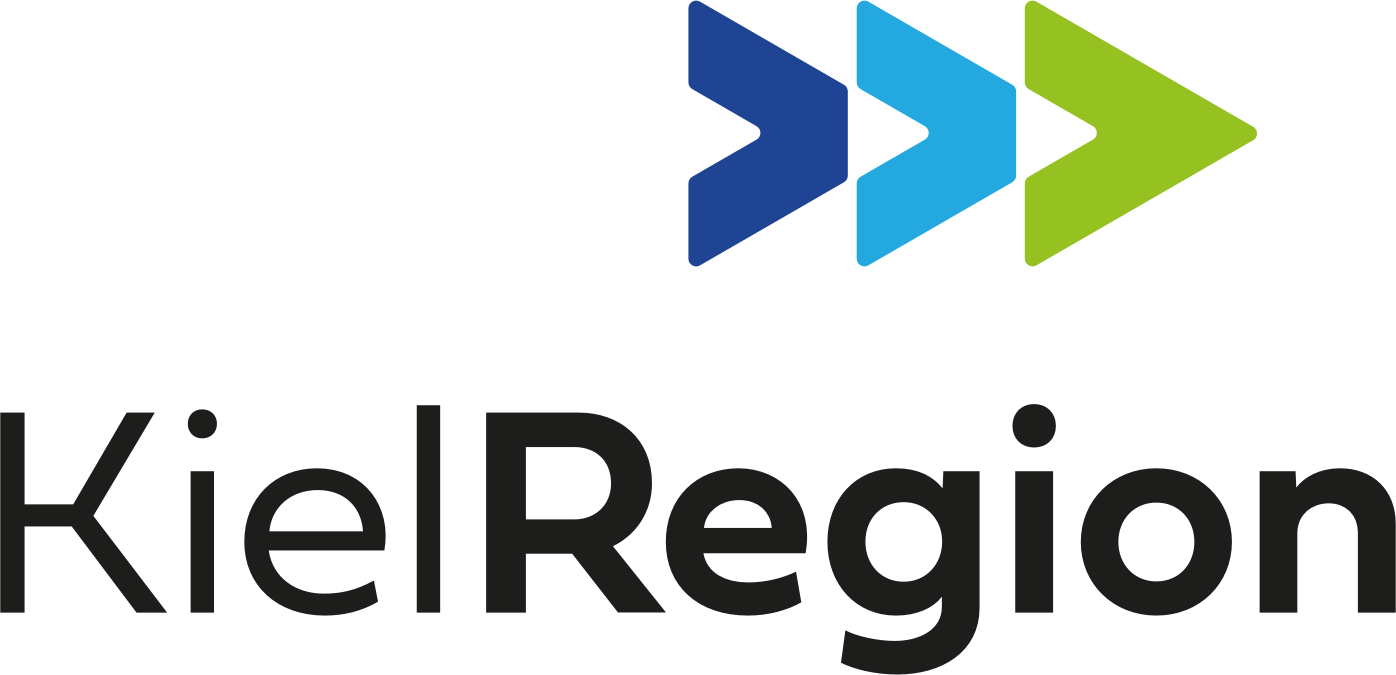
KielRegion GmbH (KR)
A regional development agency coordinating economic promotion, innovation, and mobility across the greater Kiel area. It works to attract investment, support regional SMEs, and facilitate collaboration among municipalities, academia, and business in Schleswig-Holstein.
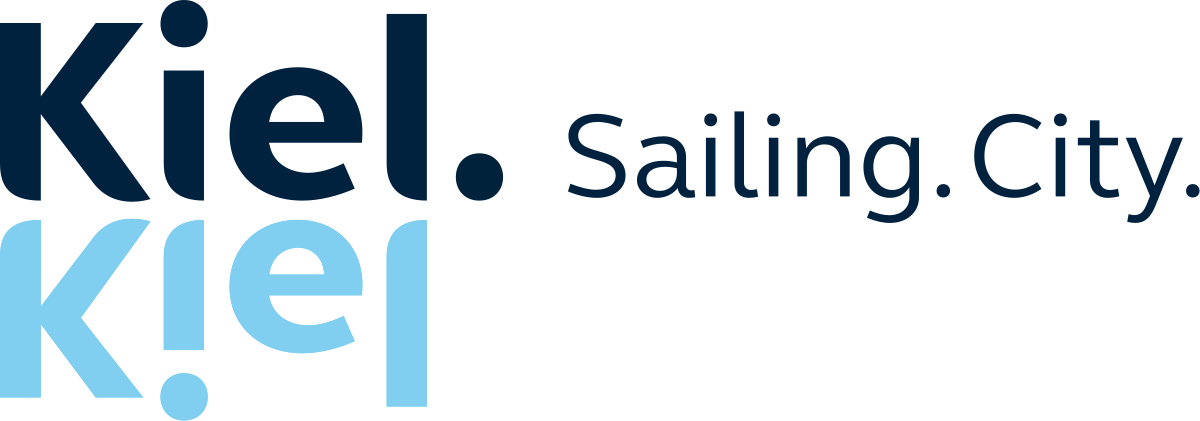
Landeshauptstadt Kiel (LHK)
The maritime city on the Baltic Sea (~250,000 inhabitants) is the capital of Schleswig-Holstein in northern Germany and hosts the world's busiest artificial waterway (Kiel Canal). It is renowned for Kiel Week sailing events, and its City Hall is a historic landmark.

Stiftung Jugend forscht e.V.
A non-profit foundation operating the “Jugend forscht” competition Germany’s largest for young scientists, supporting STEM projects and fostering youth innovation since 1965.

Campus Business Box e.V.
Opencampus.sh, a project of the non-profit Campus Business Box e.V., provides various educational opportunities for individuals of all backgrounds.It has developed a wide range of projects, including the Waterkant Festival, starterkitchen, Seed.schule, Fablab, and other programs, which reach over 25,000 people annually.
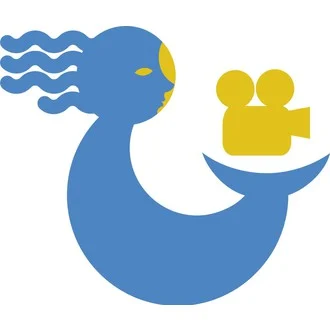
CineMare UG (CINEMARE)
A Kiel-based company organizing the CineMare International Ocean Film Festival, which promotes ocean literacy, environmental awareness, and marine conservation through cinema and creative arts.

CITTI Handelsgesellschaft mbH & Co. KG (CITTI)
A German retail and wholesale group based in Kiel, managing supermarkets, shopping centers, and food services. CITTI is engaged in regional economic development and sustainability initiatives through corporate social responsibility. It also offers spaces for science communication.

DLR Institut für maritime Energiesysteme
The German Aerospace Center develops technologies for aerospace, energy and transport, security and defence research. DLR is represented at its sites in Kiel and Geesthacht by the Institute of Maritime Energy Systems. Here we provide technological developments to give the maritime industry security for its investment decisions in new technologies and thus accelerate the transformation of waterborne transport.

Duale Hochschule Schleswig-Holstein (DHSH)
ADHSH is a modern university in Schleswig-Holstein with three locations, combining theoretical study units with practical assignments in companies for an application-oriented education based on the dual principle. A special feature of the dual Bachelor's program is the optional integration of an apprenticeship into the three-year dual study program.

Europa-Union Deutschland, Landesverband Schleswig-Holstein e.V
The Schleswig-Holstein branch of Europa-Union Deutschland, a nonpartisan citizens' movement advocating for European integration and democratic participation. It organizes educational programs, debates, and events to promote EU citizenship and dialogue.
Fachhochschule Kiel (FH Kiel)
Knowledge transfer with a strong practical orientation - this is what Kiel UAS has stood for more than 50 years. In more than 40 Bachelor's and Master's degree programmes at the six faculties, around 8,000 students are dedicated to current technical, economic, social and creative challenges.
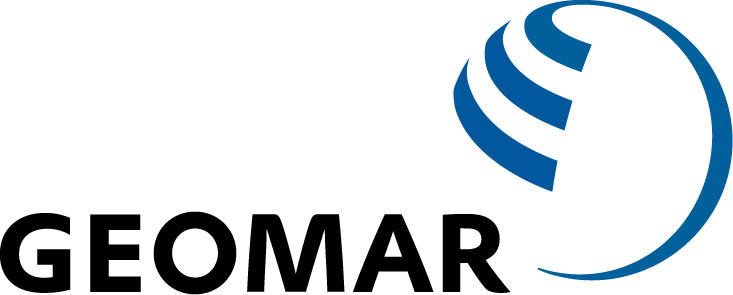
GEOMAR Helmholtz-Zentrum für Ozeanforschung Kiel

GREEN SCREEN Festival e.V.
This is organization behind the International Wildlife Film Festival GREEN SCREEN, held annually in Eckernförde, Germany, since 2007. The festival focuses on nature documentaries and aims to raise awareness about the beauty of nature and the importance of environmental conservation. It's a popular event for nature film enthusiasts and an important meeting place for industry professionals.
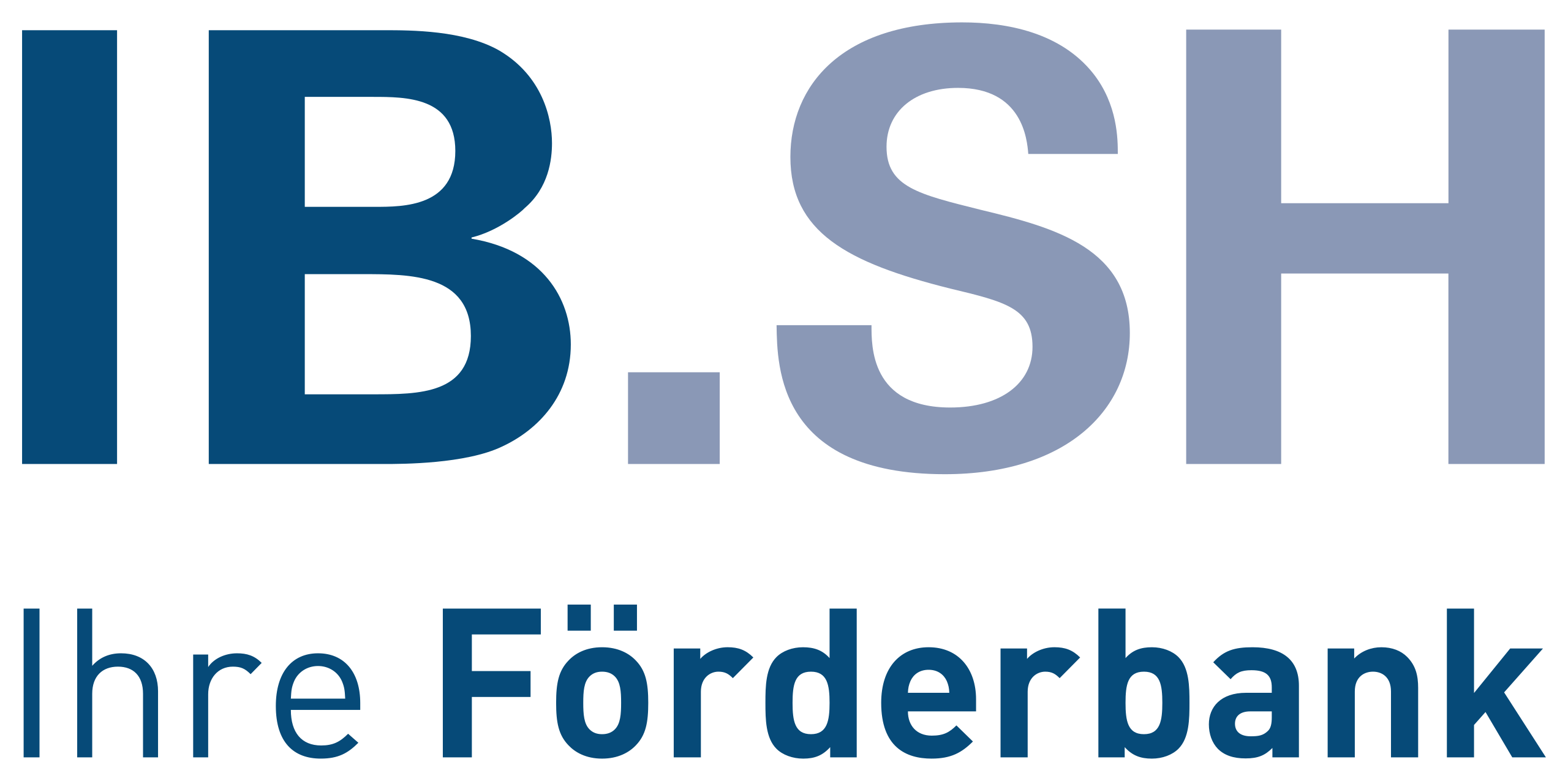
Investitionsbank Schleswig-Holstein (IB.SH)
IB.SH is the promotional bank of the Land Schleswig-Holstein supporting ideas and projects of individuals, companies and municipalities with financial instruments and know-how. IB.SH is also Schleswig-Holstein’s competence centre for consulting on and for the financial management of EU funding programmes. Within its EU activities IB.SH provides also EU funding advice for companies through the Enterprise Europe Network Hamburg/Schleswig-Holstein.

IPN - Leibniz-Institut für die Pädagogik der Naturwissenschaften und Mathematik
This leading research center develops evidence-based STEM education methods, materials, and policy recommendations, with a strong role in science literacy and public engagement.
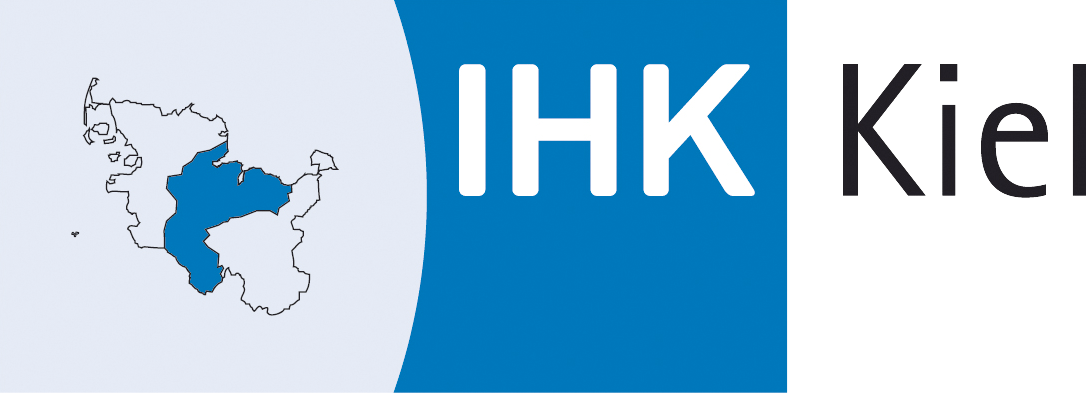
Industrie - und Handelskammer zu Kiel (IHK)
The Kiel Chamber of Commerce and Industry represents regional businesses, offering services in vocational training, certification, legal advice, and innovation support. It fosters dialogue between enterprises and policy-makers.
Kiel Institut für Weltwirtschaft
The research institute in Germany for globalization issues was founded in 1914 and is part of the Leibniz Association. Its researchers investigates the drivers and effects of international economic activity, the integration and disintegration of global markets as well as the opportunities and limits of political action in open economies.
Kiel-Marketing e.V.
Kiel Marketing is the city’s official tourism and city promotion agency. It develops place branding, cultural events, and economic campaigns to enhance Kiel’s attractiveness for residents, visitors, and investors.
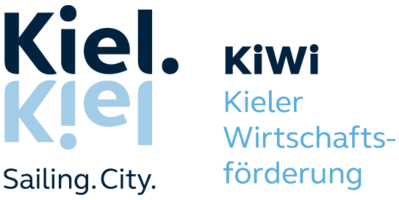
Kieler Wirtschaftsförderungs- und Strukturentwicklungsgesellschaft mbH (KIWI)
The Kiel Business Development Agency fosters regional innovation, entrepreneurship, and urban development. It supports startups, industry partnerships, and projects enhancing the economic resilience of the KielRegion.

Max-Planck-Institut für Evolutionsbiologie (MPI)
A international institute focused on evolutionary change. The departments of Theoretical Biology and Microbial Population Biology, along with research groups, involve around 180 people from over 30 countries.

Ministerium für Allgemeine und Berufliche Bildung, Wissenschaft, Forschung und Kultur vereidigt
The Ministry of General and Vocational Education, Science, Research and Culture of the State of Schleswig-Holstein is responsible for regional education and science policy, cultural affairs, and funding higher education and research institutions across the federal state.

Muthesius Kunsthochschule
The Muthesius University in Kiel advances art, design, and spatial strategies through research and development. As Schleswig-Holstein’s only art university, it fosters culturally relevant work and offers a unique space for experimentation and realization.

Schleswig-Holsteinische Universitäts-Gesellschaft e.V. (SHUG)
A non-profit society linked to Kiel University that promotes dialogue between the public and research in Schleswig-Holstein. It organizes lectures, outreach events, and supports science communication in the region.

The Bay Areas e.V.
The Bay Areas e.V. is a non-profit organization founded in 2016 to promote the city partnership between Kiel and San Francisco. Our cooperation fields cover such diverse topics as culture, science, education, politics and sport.

Universitätsklinikum Schleswig-Holstein (UKSH)
University Medical Center Schleswig-Holstein is one of the largest university hospitals in Europe, linked to Kiel and Lübeck universities. It provides advanced medical care and is a key hub for clinical research, training, and health innovation in northern Germany.
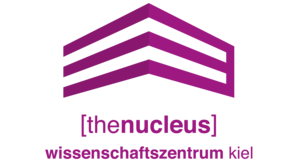
Wissenschaftszentrum Kiel GmbH (WiZe)
It functions as a transdisciplinary innovation hub, bridging knowledge and value creation through strategic networking, transformative project coordination, and the cultivation of future-focused competencies in digitalization and sustainable technologies. It is also home to startups and offers a platform for science communication.
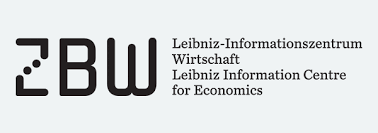
ZBW Leibniz-Informationszentrum Wirtschaft
The world’s largest specialist library for economics and business studies. As part of the Leibniz Association, the ZBW collects, indexes, archives, and provides public access to extensive economic literature and digital resources. With its research, the ZBW wants to drive the rapid development of the Open Science transformation in economics.
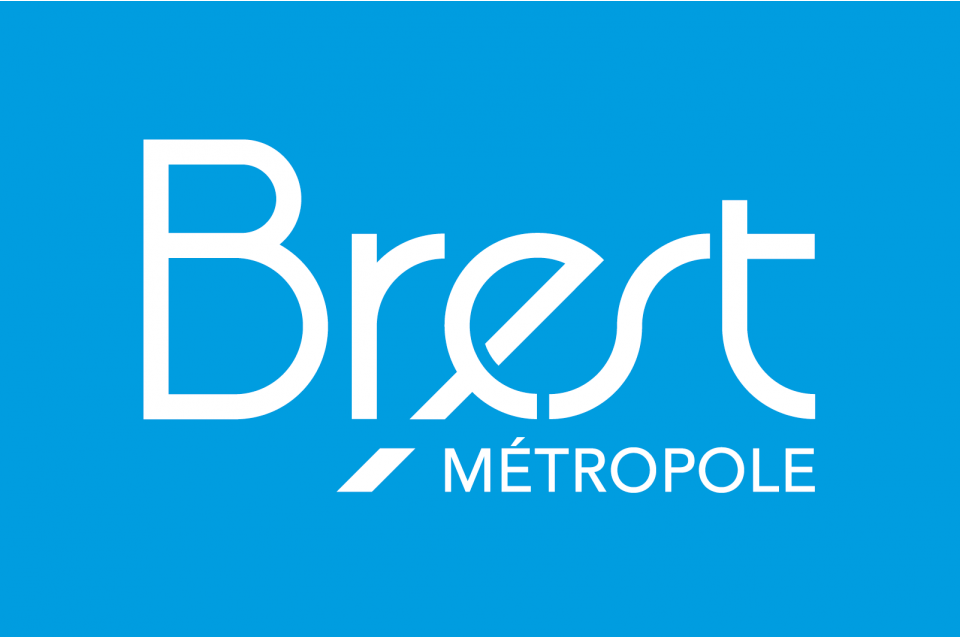
Brest métropole
At the heart of a metropolitan area with a population of 400,000, Brest is the anchor point of western Brittany. The sea is all around. You can feel the soul of a port, or rather 5 ports, open to the world. A soul churning like the sea, freely welcoming the unknown, embracing different cultures. It’s Brest, the free spirit.

Océanopolis - Brest'Aim SA
For more than 35 years, Océanopolis, a Brest métropole facility managed by Brest’aim, has been a place for sharing and exchanging knowledge based on scientific achievements. Together with its partners, Océanopolis is developing a multi-disciplinary and inclusive approach to science and technology, particularly marine science, which is shared with and by everyone.
Technopôle Brest-Iroise (TBI)
Technopôle Brest-Iroise is a business innovation centre located in Brest, France, certified as EU|BIC by the European Business Network. It supports business creation and development in any sector, with an emphasis on research activities and deeptech companies. Technopôle Brest-Iroise contributes to local economic development through innovation, support for businesses and technology transfer.
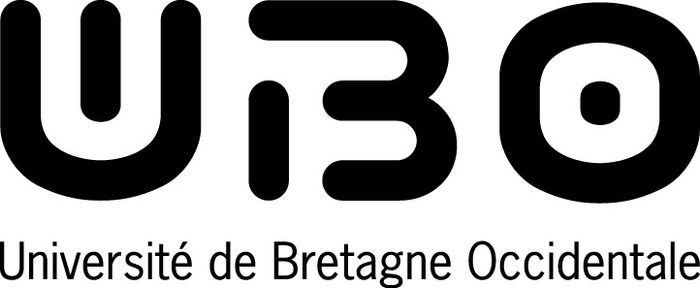
Université de Bretagne Occidentale (UBO)
Also known as the University of Western Brittany, UBO is a multidisciplinary public university in Brest with around 23,000 students. It is a research leader in marine sciences, health, and social sciences and is part of the European SEA‑EU university alliance.
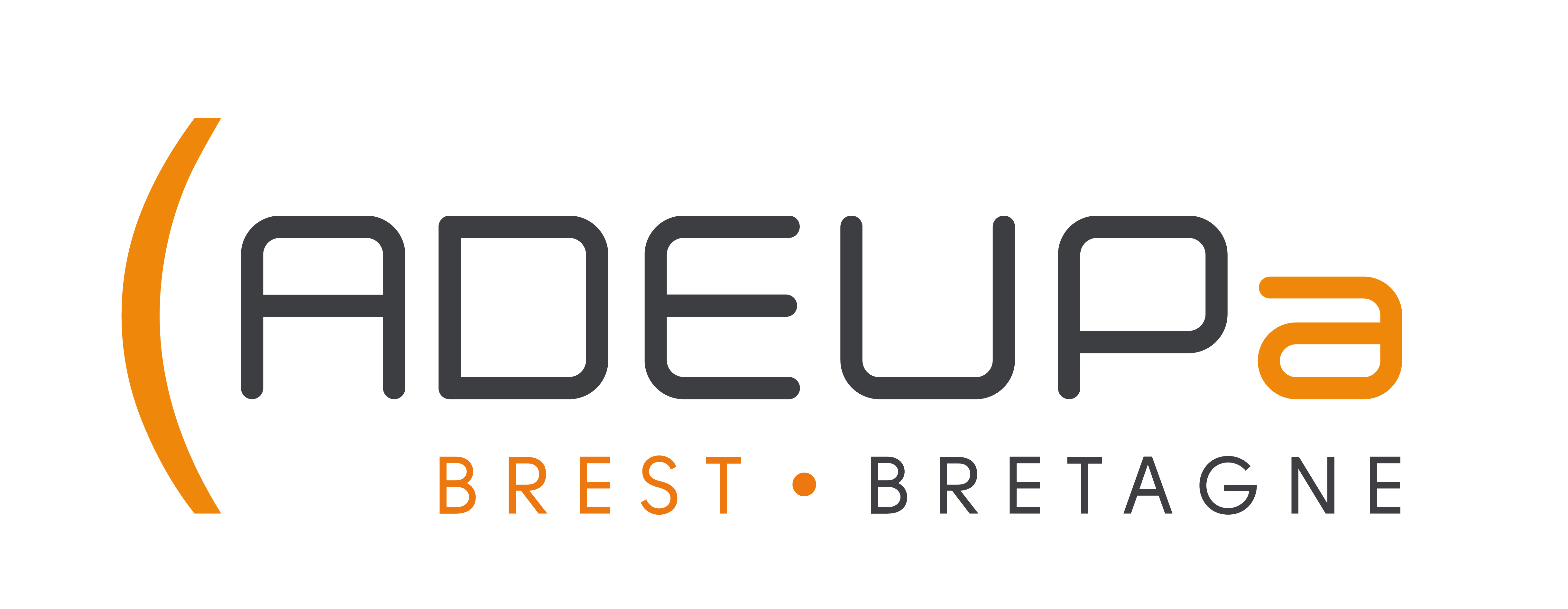
Agence de développement et d'urbanisme du Pays de Brest (ADEUPA)
Brest-Brittany Urban Planning Agency supports sustainable urban development, transport, housing, and land-use planning for Brest métropole and surrounding territories. It provides data, strategies, and stakeholder coordination in regional planning.
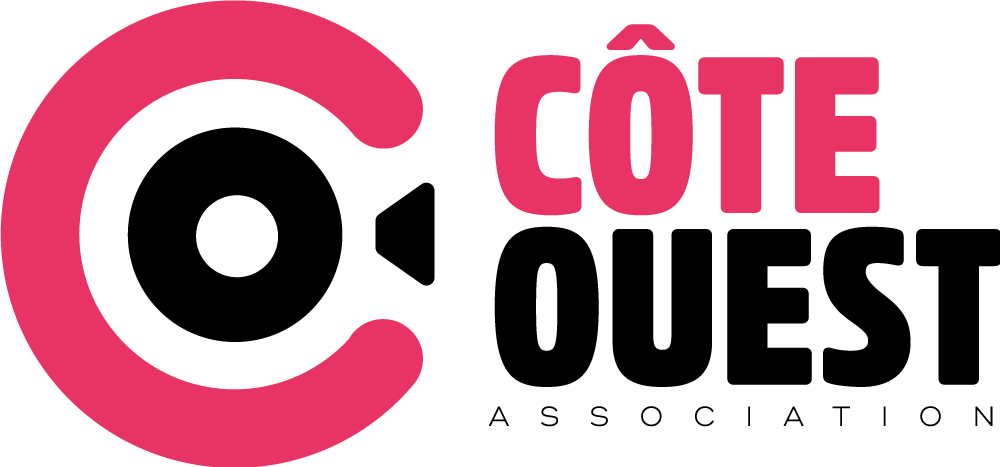
Association Côte Ouest
A cultural organization in Brittany that organizes film festivals and events, including the "Festival Européen du Film Court de Brest." It promotes short films and audiovisual education as tools for cultural dialogue and creativity.
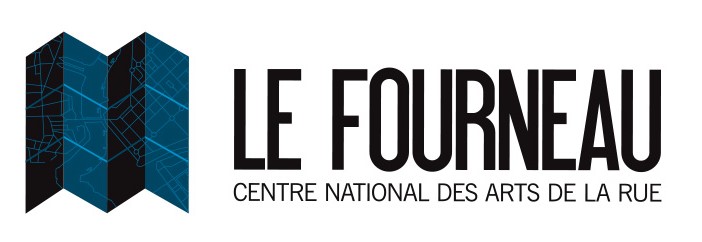
Association Le Fourneau (LEFOU)
A national center for street arts based in Brest. Le Fourneau supports creation and dissemination of contemporary performing arts in public spaces, offering residencies, productions, and public engagement events throughout Brittany and France.
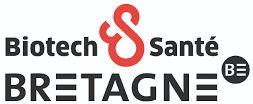
Biotech Santé Bretagne
A health innovation cluster in Brittany supporting biotechnology and life science startups. It helps translate local research into healthcare products and services via networking, incubation, and access to funding.
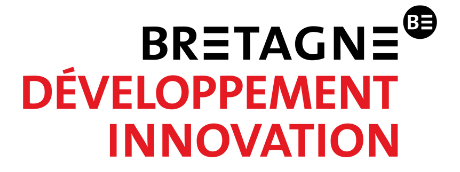
Bretagne Développement Innovation (BDI)
Bretagne Development Innovation is the regional innovation agency of Brittany, supporting companies and clusters in digital, maritime, and green transitions. It fosters international partnerships and sustainable regional competitiveness.
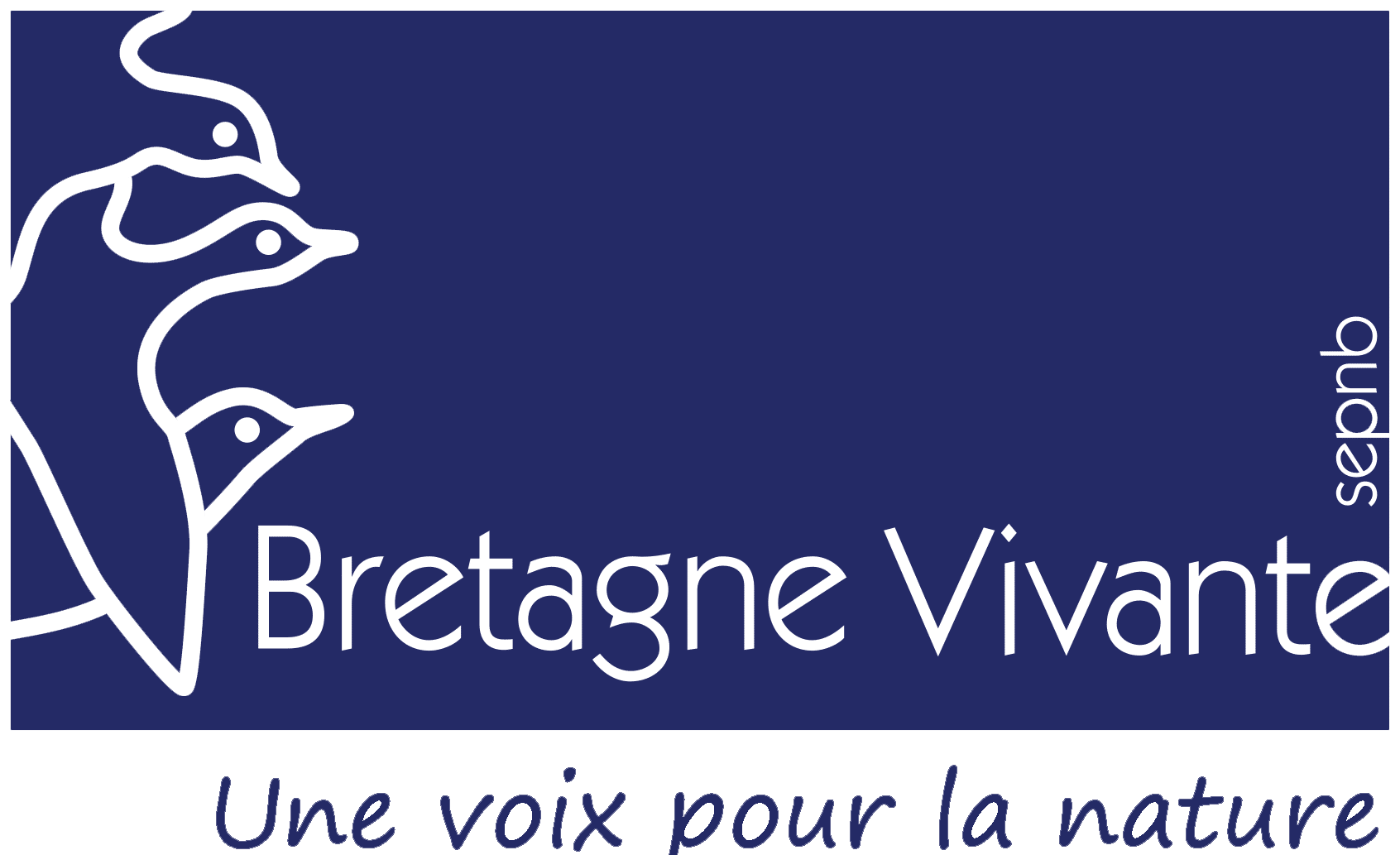
Bretagne vivante, appelée aussi Société pour l'étude et la protection de la nature en Bretagne (BV)
Living Brittany is a regional environmental NGO that protects biodiversity, manages natural reserves, and promotes citizen engagement in ecological issues across Brittany. It is one of France’s oldest nature conservation societies.

CCI Brest (WTCB)
The Brest Chamber of Commerce and Industry supports local enterprises, training, trade, and innovation. It also manages the World Trade Center Brest and acts as a key player in regional economic development.
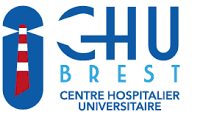
Centre Hospitalier Universitaire de Brest (CHU)
Brest University Hospital Centre is a major regional health institution providing clinical care, medical training, and biomedical research. It is affiliated with the University of Western Brittany and partners in translational research and innovation.

Commune De Brest
The City of Brest is a major urban and port center in western France. It leads policies on urban development, innovation, sustainability, and public engagement, and is a core partner in cultural and scientific initiatives across the region.
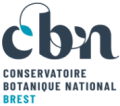
Conservatoire Botanique National de Brest (CBNB)
A national botanical conservatory dedicated to the preservation of wild plant biodiversity in western France and globally (including Mediterranean, Southeast Asia, Madagascar). Founded in 1975, it operates as a multi-authority public institution.

Eau du Ponant
A public water utility serving Brest métropole and the surrounding areas. It manages drinking water, wastewater, and environmental services, and supports ecological innovation and community education on water resources.
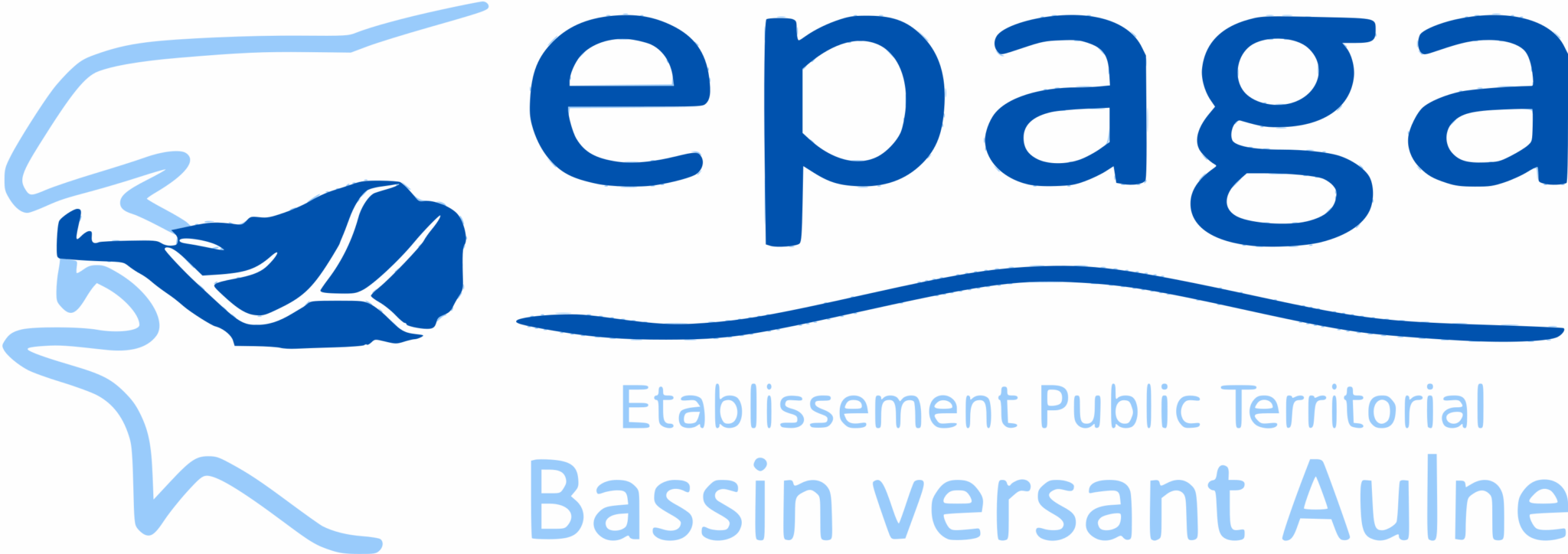
Etablissement Public pour l'Aménagement et la Gestion du bassin versant de l'Aulne (EPAGA)
EPAGA is a public body tasked with managing and protecting the Aulne River basin in Brittany. It coordinates water management, ecological restoration, flood prevention, and stakeholder engagement in integrated watershed planning.

Institut français de recherche pour l'exploitation de la mer (Ifremer)
IFREMER, the French Institute for Ocean Science, is a public research institute advancing marine science, fisheries, aquaculture, and ocean technology. It operates oceanographic vessels and observatories and plays a key role in European marine research.

Institut Mines-Télécom (IMT)
A leading French higher-education & research institution specializing in digital, energy, industry, and ecological transitions. Includes multiple engineering schools, incubators, and Carnot-labeled research units, partnering closely with industry.

Jours d'écume
An association organizing the Brest Surf Film Festival, which showcases surf and ocean-themed films to raise awareness about marine life, coastal culture, and environmental conservation through storytelling and art.
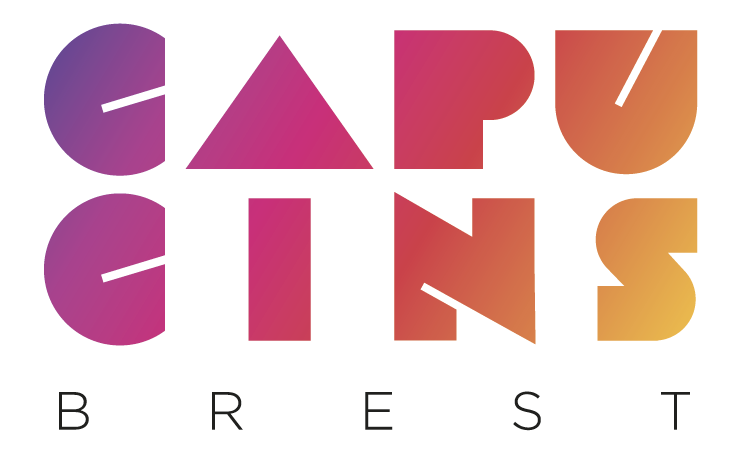
La SPL Les Ateliers des Capucins
A public-private urban development company managing the Ateliers des Capucins, a large cultural and innovation hub in Brest. It hosts exhibitions, maker spaces, tech incubators, and public events blending science, industry, and creativity.

Labocéa
Labocéa is a public laboratory group serving Brittany, offering high-level expertise in food safety, animal health, environmental quality, and public health. It collaborates with public authorities, research institutes, and regional industries in laboratory diagnostics and R&D.
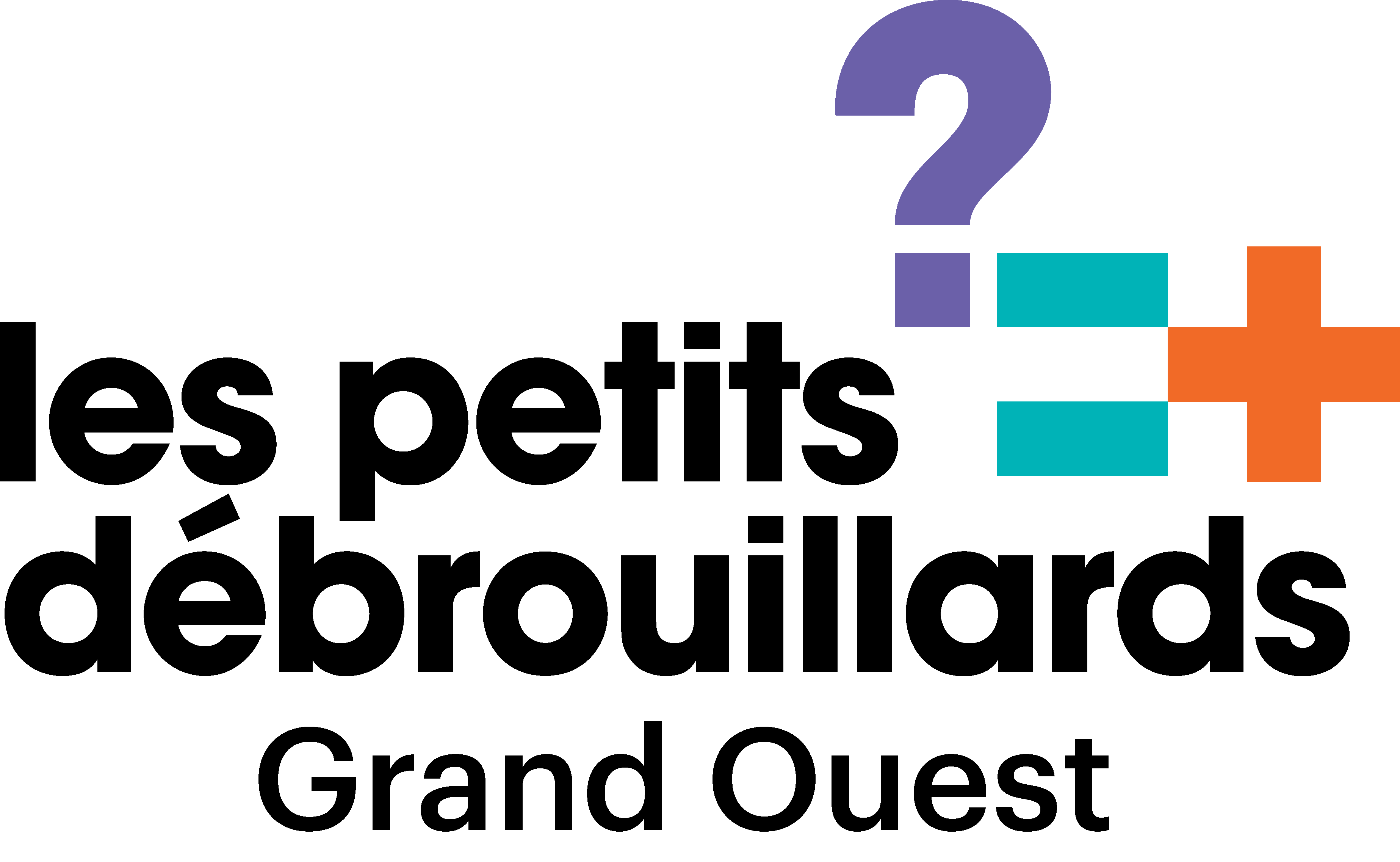
Les Petits Débrouillards Grand Ouest
A regional branch of a French science outreach NGO that promotes informal science education among youth and the public through hands-on workshops, exhibitions, and public engagement. It operates across Brittany and western France to make science accessible to all.
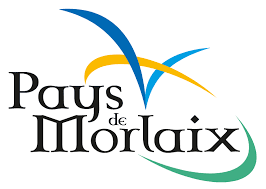
PETR Pays de Morlaix
A territorial public institution that coordinates intermunicipal cooperation in the Morlaix region. It promotes regional development in areas such as mobility, economic innovation, environmental planning, and public services.
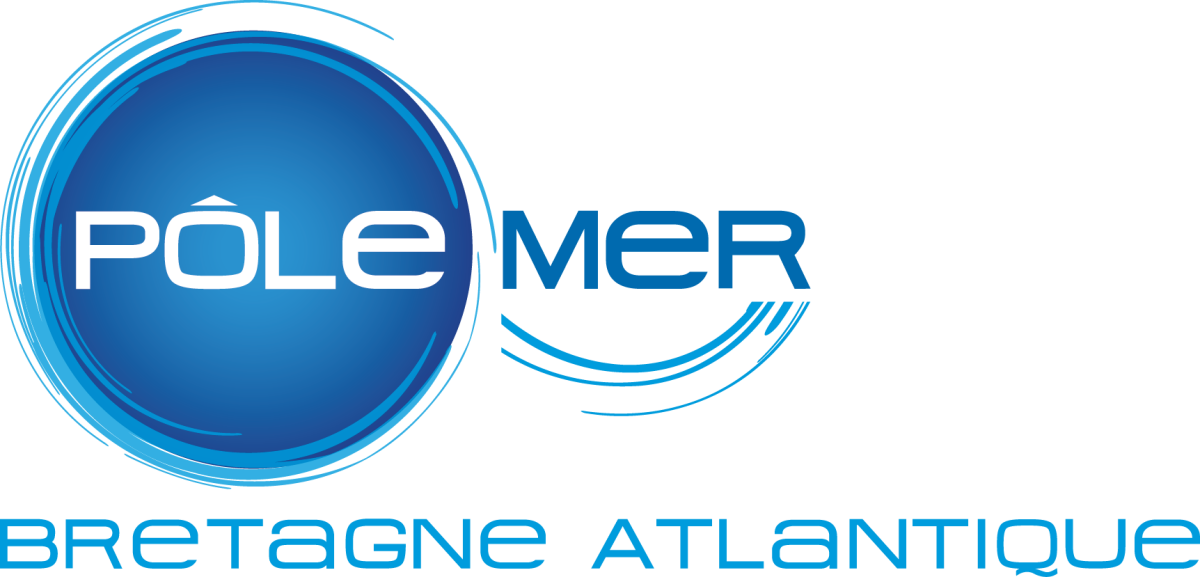
Pôle Mer Bretagne Atlantique
The Brittany Atlantic Sea Cluster is a global competitiveness cluster focused on maritime innovation. It supports R&D, industrial partnerships, and sustainable blue economy initiatives across fields like ocean energy, shipping, and marine biotechnologies.
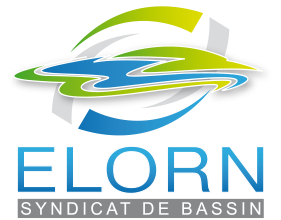
Syndicat des Bassins de L'Elorn
A public river basin syndicate managing the Elorn watershed in Brittany. It focuses on preserving water quality, biodiversity, and ecosystem services through coordinated water governance, environmental monitoring, and land-use management.
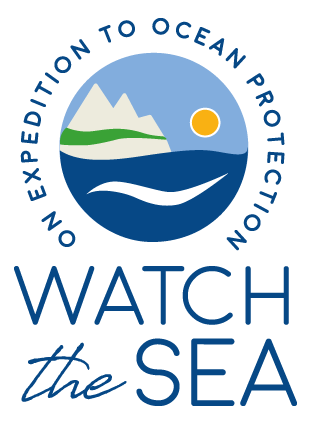
Watch The Sea France
A citizen-science and marine awareness association based in Brittany. It engages volunteers and communities in observing, documenting, and protecting the marine environment through participatory science and artistic initiatives.

Science Business Publishing International (SB)
Science|Business is a Brussels-based media and communications company focused on EU research, innovation, and science policy. It offers a neutral ground to connect policymakers, universities, and industry through its news coverage, events, and strategic science-policy analysis.

Nord Universite (NORD)
Nord University is a public university in northern Norway specializing in business, education, biosciences, aquaculture, and sustainable blue economy research. It focuses on regional development, indigenous perspectives, and Arctic issues.
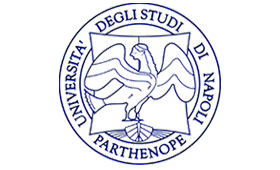
Università degli Studi di Napoli Parthenope (UNIPARTH)
Parthenope University of Naples is a public university with strong research and teaching in environmental sciences, maritime studies, economics, engineering, and technology. It plays an important role in the Mediterranean’s maritime and coastal development.

Universidade do Algarve (UALG)
University of Algarve is a public university located in Faro, known for its excellence in marine sciences, biotechnology, tourism, and sustainability. It plays a vital role in regional development and international academic cooperation, especially around the Atlantic and Mediterranean.
Universidad de Cádiz (UCA)
The University of Cádiz is a public institution located in Andalusia, with a strong focus on marine and environmental sciences, heritage, health sciences, and engineering. It plays a leading role in the SEA-EU European University alliance and fosters coastal and maritime research in the Atlantic-Mediterranean region.
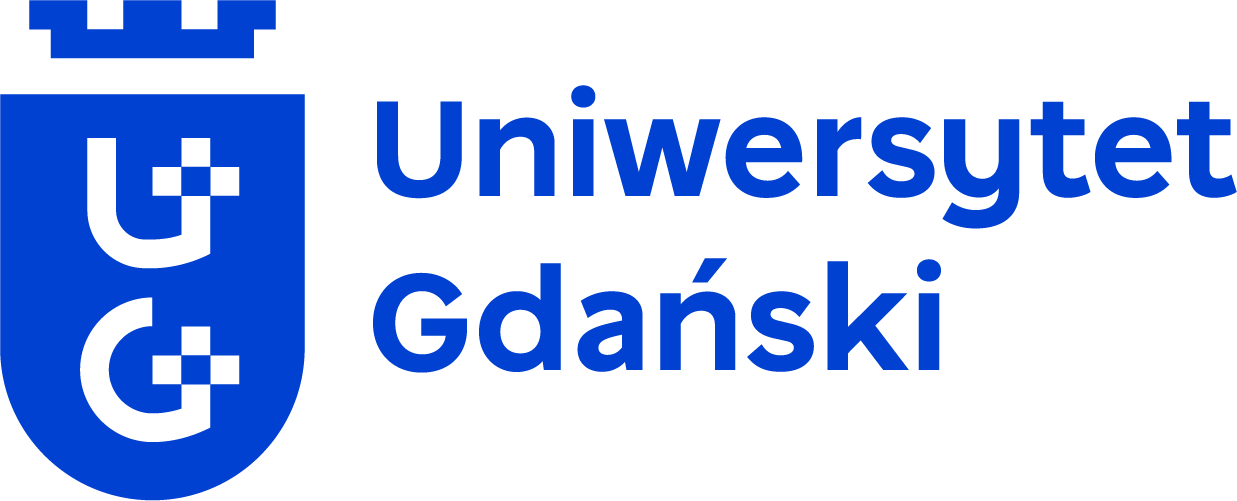
Uniwersytet Gdański (UG)
The University of Gdańsk is one of Poland’s largest universities, known for its excellence in marine sciences, law, economics, and social sciences. Located near the Baltic Sea, it is involved in multiple international research projects related to sustainability and the blue economy.

Università ta' Malta (UM)
The University of Malta is the country’s oldest and largest public university, offering a comprehensive range of programs across science, humanities, health, and technology. It is a key player in regional Mediterranean research and EU cooperation on sustainability, heritage, and innovation.
